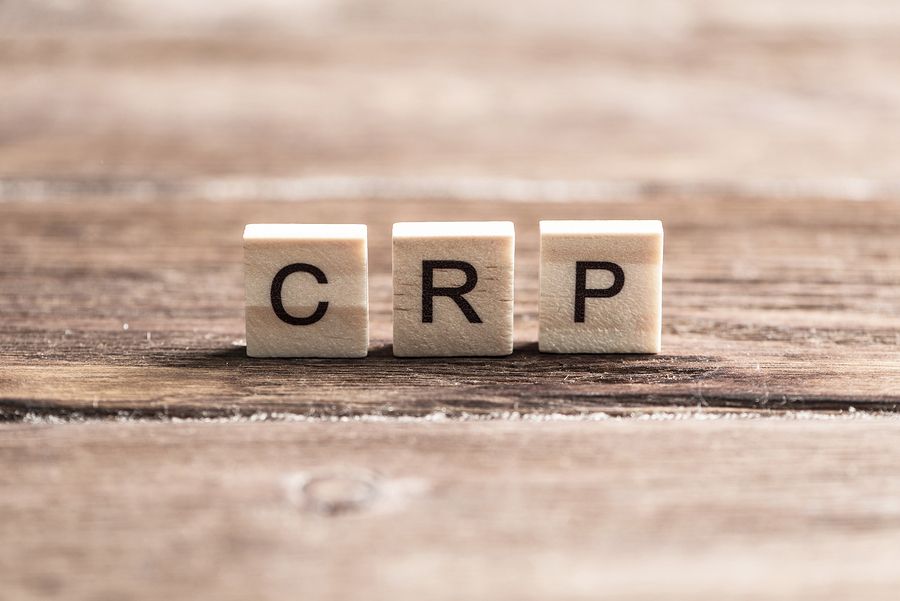C-reactive protein (CRP) is a globular protein that is produced by the liver. Levels of CRP increase in the presence of inflammation. Serum CRP turns out to be a good test for predicting cardiovascular disease. A study appearing in the Journal of the American Nutraceutical Association (2005;8(1):43-44), involving more than 27,000 women, found that CRP was a better predictor of cardiovascular disease than LDL (bad) cholesterol.
High CRP levels are actually associated with increased mortality from all causes. A CRP level greater than 3 mg/L in men was found to increase the likelihood of death by nearly two-fold, according to research appearing in Clinical Chemistry (2008 Feb;54(2):335-42). High CRP levels increased the likelihood of heart attack by a factor of 2.15 and increased the likelihood of cancer by a factor of 1.65.
A cross-sectional study appearing in the European Journal of Nutrition (2008; 62, 127–137) looked at supplementation and CRP levels in over 4,200 men and women between the ages of 25 and 74 years. It found that supplementing with certain vitamins tended to lower serum CRP levels. Supplementation with vitamins and minerals was associated with lower CRP levels in women, but not in men. The combination of vitamin E in combination with other vitamins was especially effective. Taking vitamin E with vitamin C, vitamin B1, B2, B6, B12, niacin, folic acid, pantothenic acid and selenium, was significantly associated with lower CRP levels.






